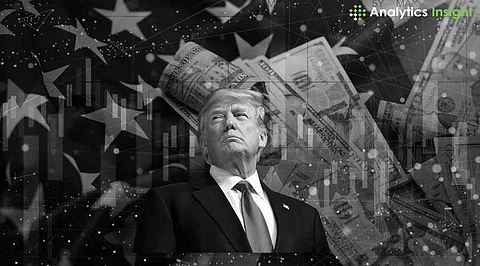

Crypto’s Policy and Regulation team of Andreessen Horowitz (a16z) has recently given its perspective regarding what it believes is the future of the cryptocurrency industry in the United States over the Trump administration. The venture capital firm focused on the huge regulatory certainty that could be achieved from the administration’s positive attitude towards innovation and progress in crafting the crypto ecosystem.
The team circulated a note to crypto founders dubbed 'A Positive Path Forward,' suggesting that while it's premature to predict specific regulatory changes, the election outcomes will undoubtedly impact the industry. They conveyed optimism about engaging constructively with regulatory bodies to foster a regulatory environment conducive to growth and innovation in the crypto space.
In their communications, a16z encouraged crypto founders to feel empowered to explore new blockchain projects. The venture capital firm highlighted the importance of demonstrating how decentralized protocols could justify novel regulatory approaches and underscored the benefits a laxer regulatory framework could bring, including the ownership of digital identities and reduced fees for cross-border stablecoin transactions.
The policy team also advised founders on the potential to develop business models that could thrive under the expected regulatory conditions. They emphasized the role of clear regulations in protecting consumers from scams and fraudulent activities, suggesting that well-defined guidelines would help identify and eliminate bad actors while allowing legitimate projects to prosper.
Looking ahead to 2025, a16z plans to advocate for clear regulatory frameworks that foster innovation and promote decentralization. The team, including policy head Brian Quintenz, regulatory lead Michele Korver, and general counsel Miles Jennings, expressed a commitment to supporting developers in shaping the industry's future by leveraging decentralized technologies to mitigate risks and promote new regulatory methods.
They reiterated the necessity for ongoing scrutiny from regulators and policymakers, especially concerning token issuances, ensuring that their "Token Issuance Guidelines" remain relevant and effective. The trio emphasized the dual role of developers in driving the industry forward by actively participating in creating projects that showcase the potential of decentralized protocols to address industry risks and foster regulatory evolution.
